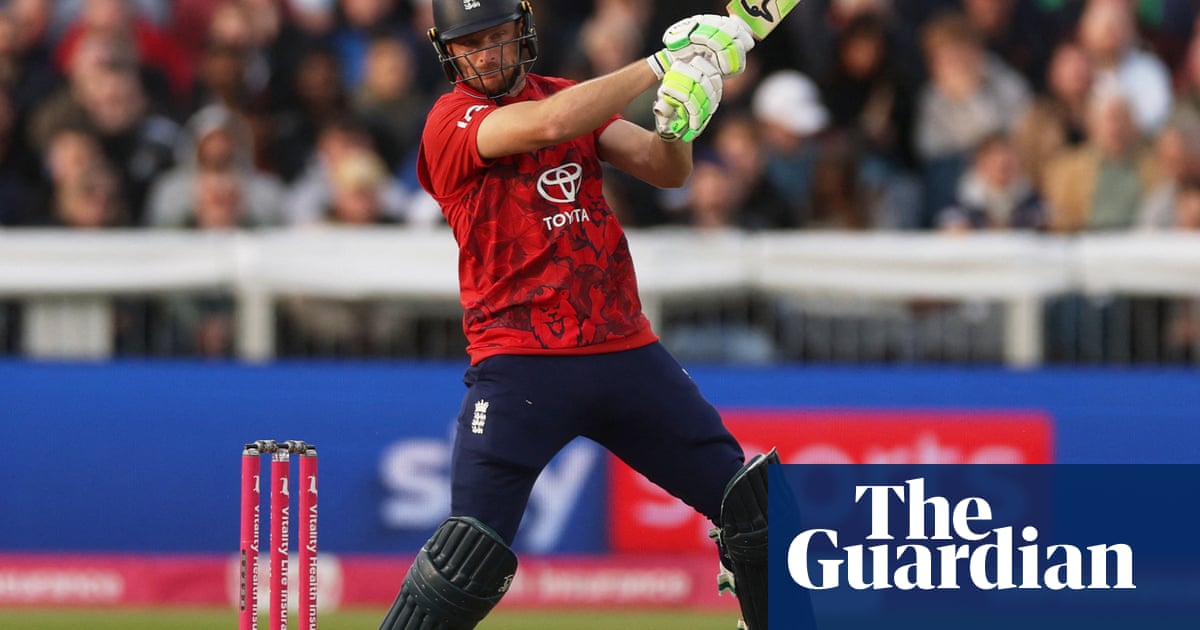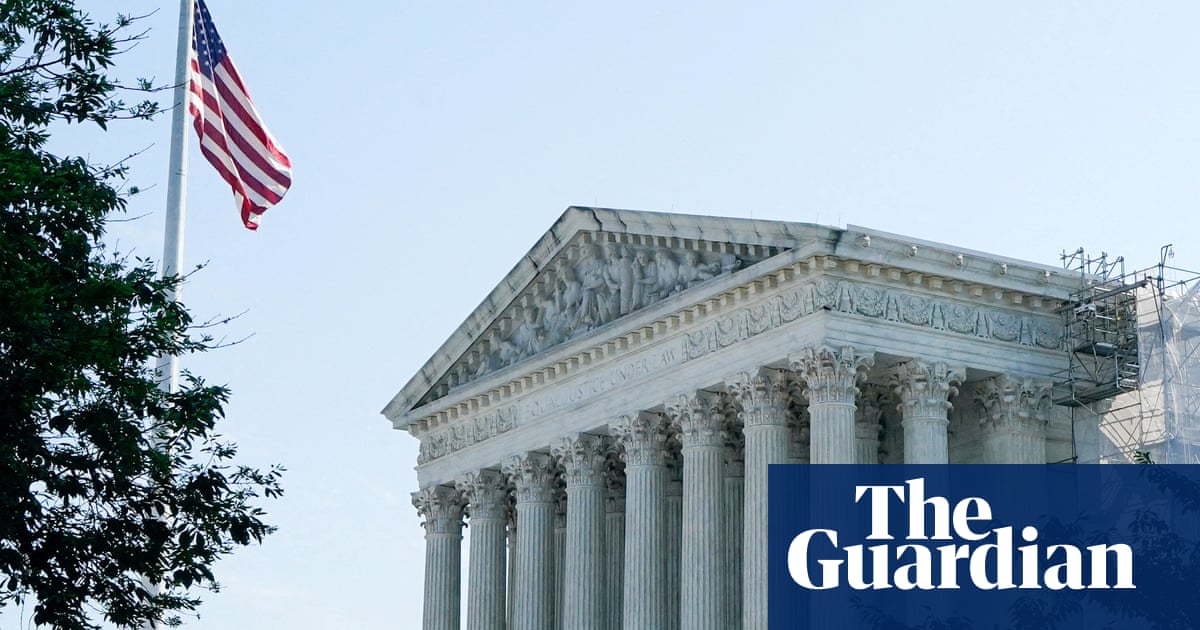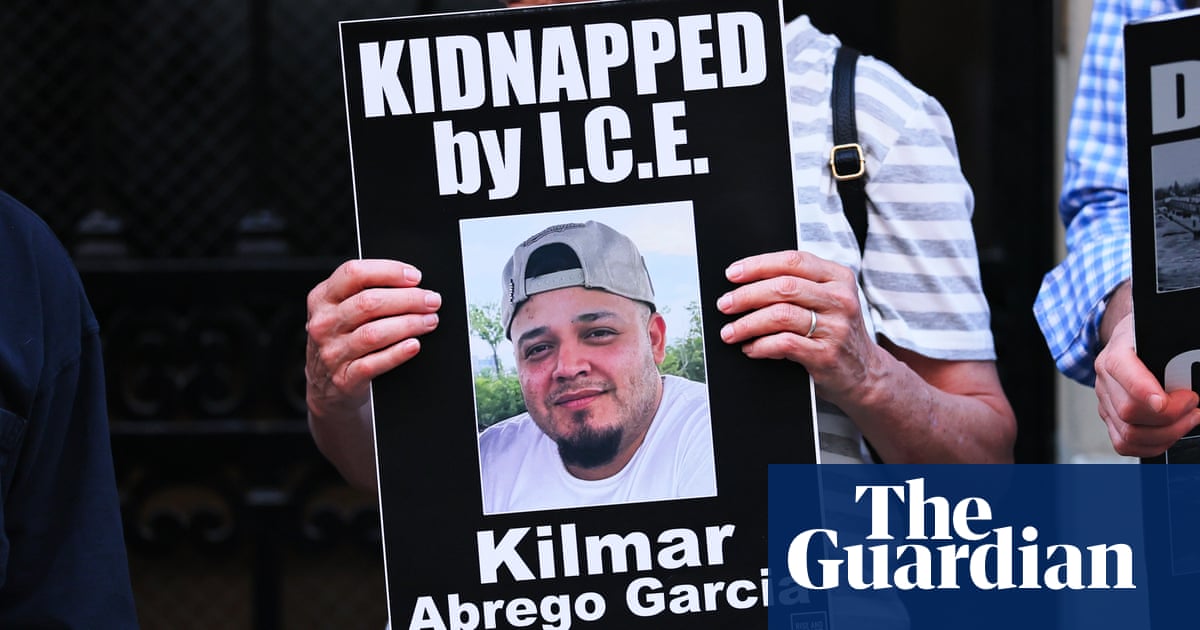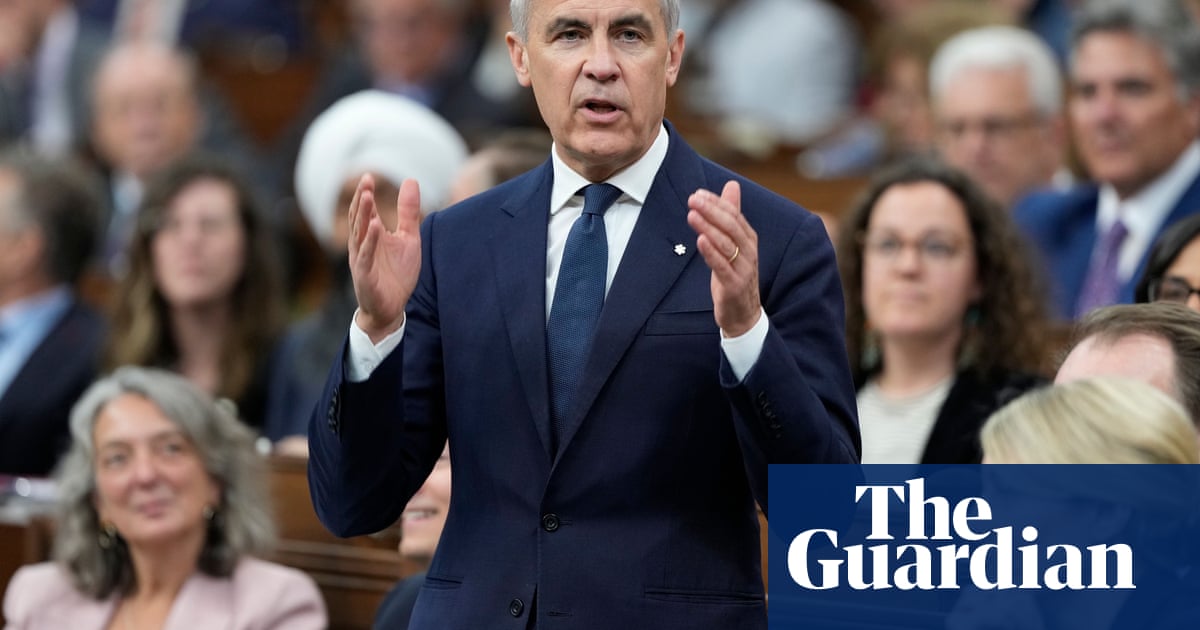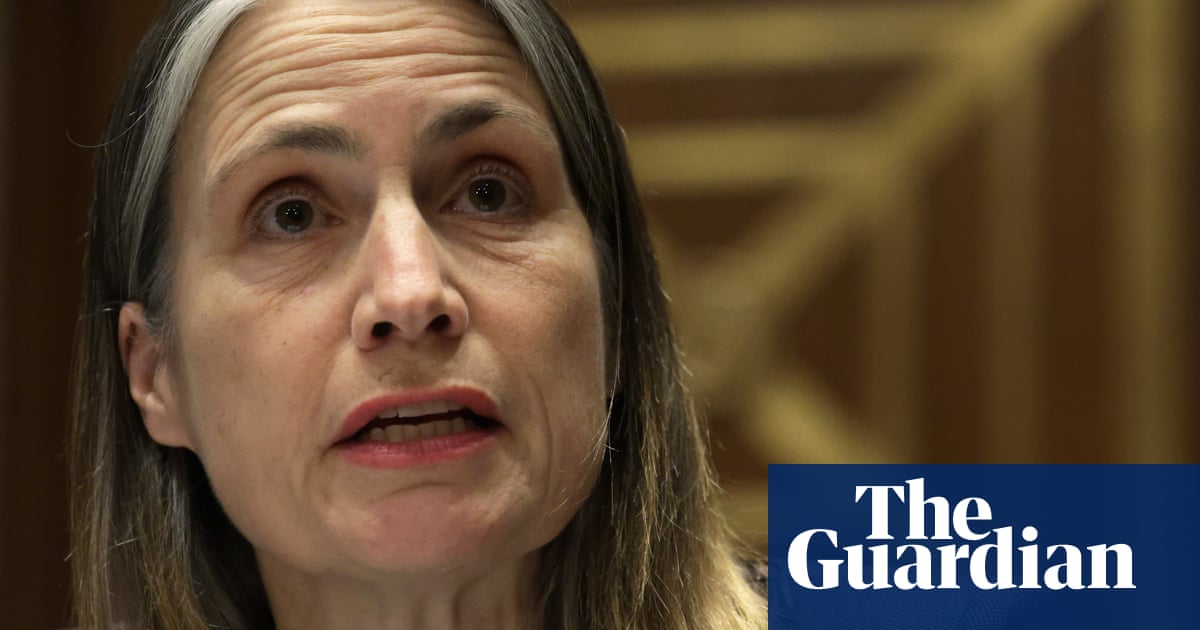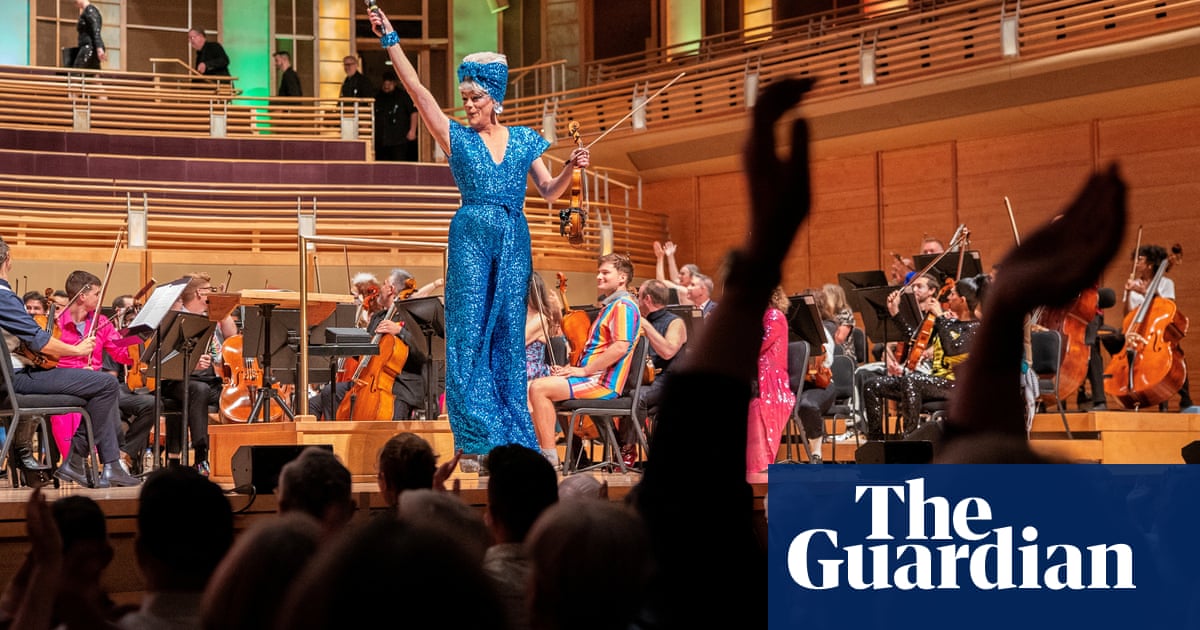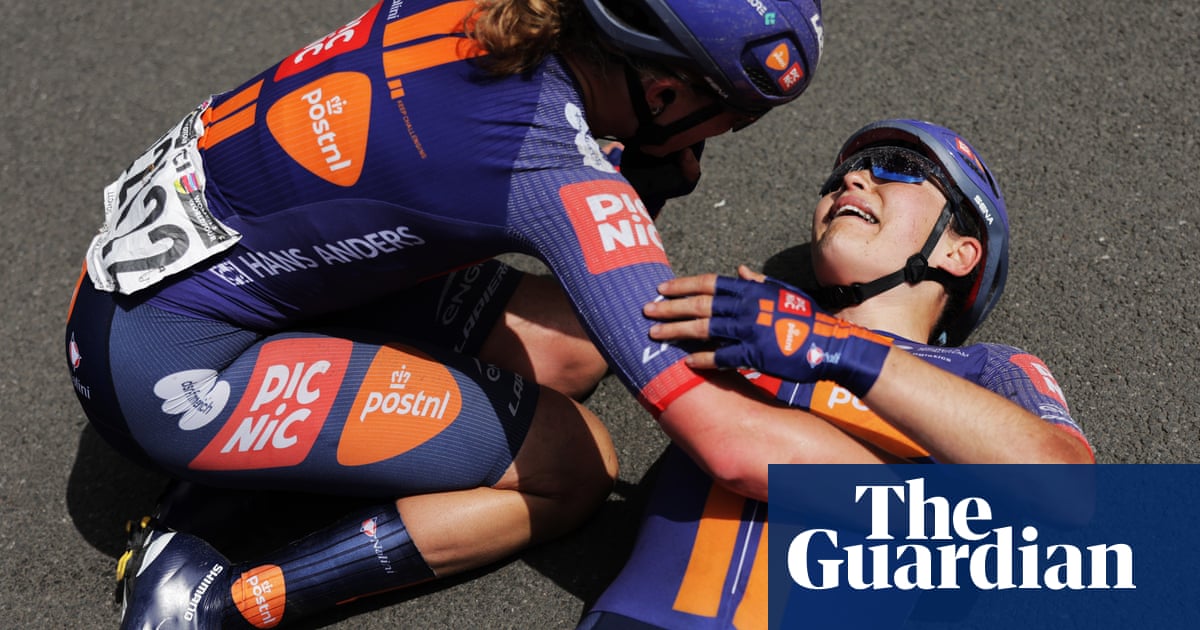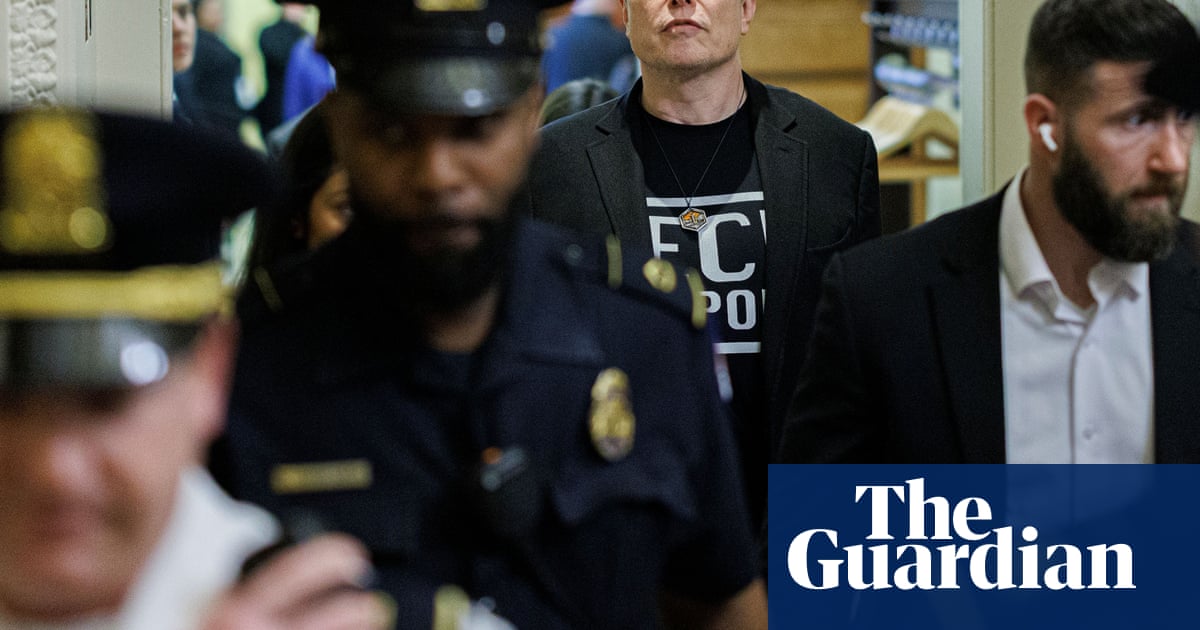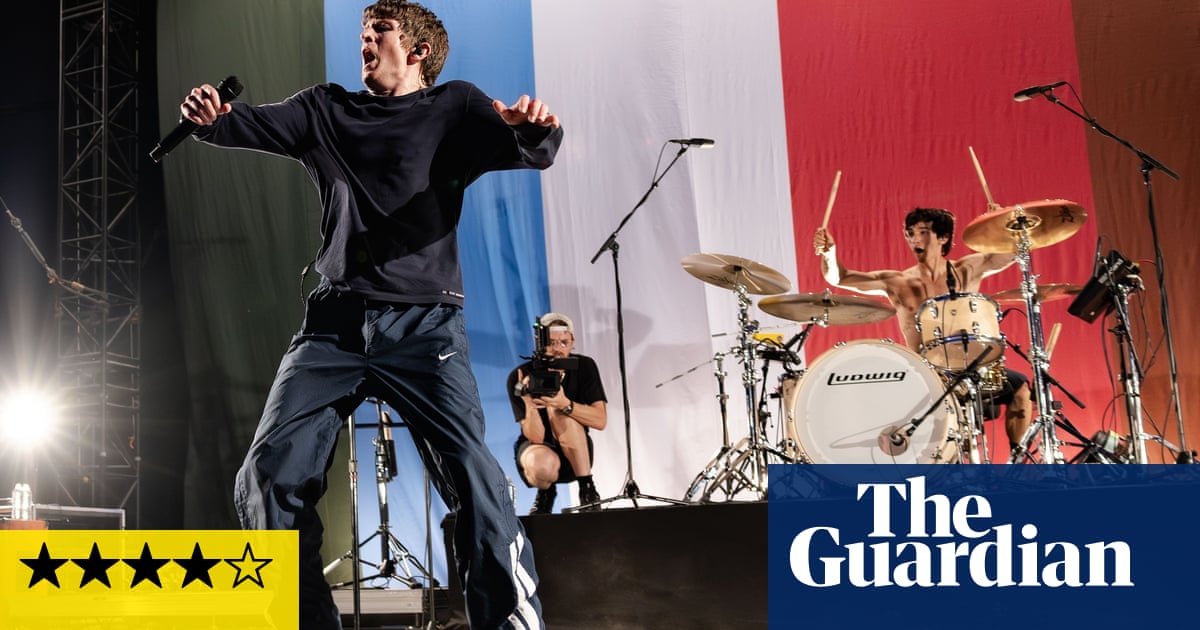As the Oscars loom, cinemas are bracing themselves for a particular surge of interest in one hotly anticipated title. Bridget Jones: Mad About the Boy, the fourth instalment in the misadventures of Helen Fielding’s hapless romantic, may be unlikely to dominate the Academy Awards, but it is set to clean up at screens across the country over the Valentine’s Day period – and beyond.
“We’re anticipating it to be one of the biggest titles of the year in the UK, the biggest British film of the year, and the biggest box office for the first half of 2025,” says Robert Mitchell, director of theatrical insights at Gower Street Analytics.
“Pre-sales are even higher than for blockbusters like Barbie,” said Eduardo Leal, group Regional director of screen content for the Vue cinema chain. “It is tracking to be the biggest ever Bridget Jones film.”
Nine years after Renée Zellweger’s bumbling reporter fell pregnant in Bridget Jones’s Baby, she is now back with two children but no husband, as human rights lawyer Mark Darcy has been killed off during a heroic humanitarian trip to Sudan. Colin Firth does, however, make a number of spectral – yet still dishy – appearances in the new film, which are heavily teased in the trailer.
Resurrected instead is dastardly smoothie Daniel Cleaver, who was missing presumed dead in Baby, but is now back in action, with dialogue polished by Hugh Grant himself.
The film is being positioned as a tonic to other, more challenging, awards contenders such as the post-Holocaust epic The Brutalist and September 5, based onthe terrorist attack at the 1972 Munich Olympics. The latest Bridget Jones instalment also offers a female-skewed alternative to more mainstream new releases, including Captain America: Brave New World, Marvel’s new superhero offering starring Harrison Ford and Anthony Mackie.

“I can also say that we’re anticipating a bumper Valentine’s weekend with a perfect mix of titles for all audiences,” says Mitchell. “I think Bridget is perfectly placed counter-programming to Captain America.”
However, this happy marriage of product and timing is an exclusive one, for in the US the film is skipping cinemas and going straight to streaming. Such disparity of expectation between the two territories is almost unprecedented. Usually, the reasons for radically different release strategies are attributable to the cultural divide; Dennis Quaid’s middle-of-the-road Reagan biopic cleaned up in the southern US last year but failed to secure a release in the UK.
Some genres, such as faith films and much of the work of US actor Tyler Perry, similarly struggle to gain enough transatlantic traction for UK distributors to risk more than a niche digital release. Meanwhile, the experimental Robbie Williams biopic Better Man, in which the singer is reimagined as CGI chimp, left American audiences baffled, and in the US it earned just a quarter of the $8m (£6.4m) it made on home turf.
But the Bridget Jones films have been opening to diminishing returns in the US since the start. The first film made a respectable 25% of its $282m global take in the US in 2001; by the second, in 2004, that had dropped to 15% (of a $265m total). In 2016, Bridget Jones’s Baby had an even more troubled transatlantic birth, with just 11% of its final takings coming from the US. That $20m (of $211m) was, however, trebled in the UK, where the film broke a considerable number of records and was the third best-performing movie of the year.
For Mad About the Boy the distributor Universal Pictures and production company Working Title struck a deal for US rights with the streamer Peacock before the film went into production, but some are now wondering whether such scepticism about its American prospects may have been misguided.
Early word of mouth on the film, whose reviews are embargoed until 12 February, has been positive, with many praising the reinvention and stamina of the franchise, despite the central love triangle having two new corners: Chiwetel Ejiofor (who plays a strict yet ripped science teacher) and Leo Woodall (a strapping parks supervisor).
The film’s central tension – the on-off affair between the characters played by Zellweger, who is 55 and Woodall, who is 28 – is very on point, with age-gap relationships involving older women and younger men producing two box office hits in the past year, thanks to Anne Hathaway and Nicole Kidman (twice).
Many – including Grant – have also flagged Mad About the Boy’s classy Kleenex credentials, with the theme of grief (which is central to Fielding’s 2013 novel on which this instalment is based) faithfully transferred to the screen by the film’s co-writer Abi Morgan. Tonally, the film is reportedly considerably more mature and thematically complex than its predecessors, and its visual palette also more ambitious – thanks, perhaps, to incoming director Michael Morris, whose most recent film was the acclaimed drama To Leslie, about an alcoholic single mother in Texas.
Two years ago, that film earned its star Andrea Riseborough a surprise Oscar nomination. So don’t write Bridget off just yet.

 3 months ago
70
3 months ago
70
